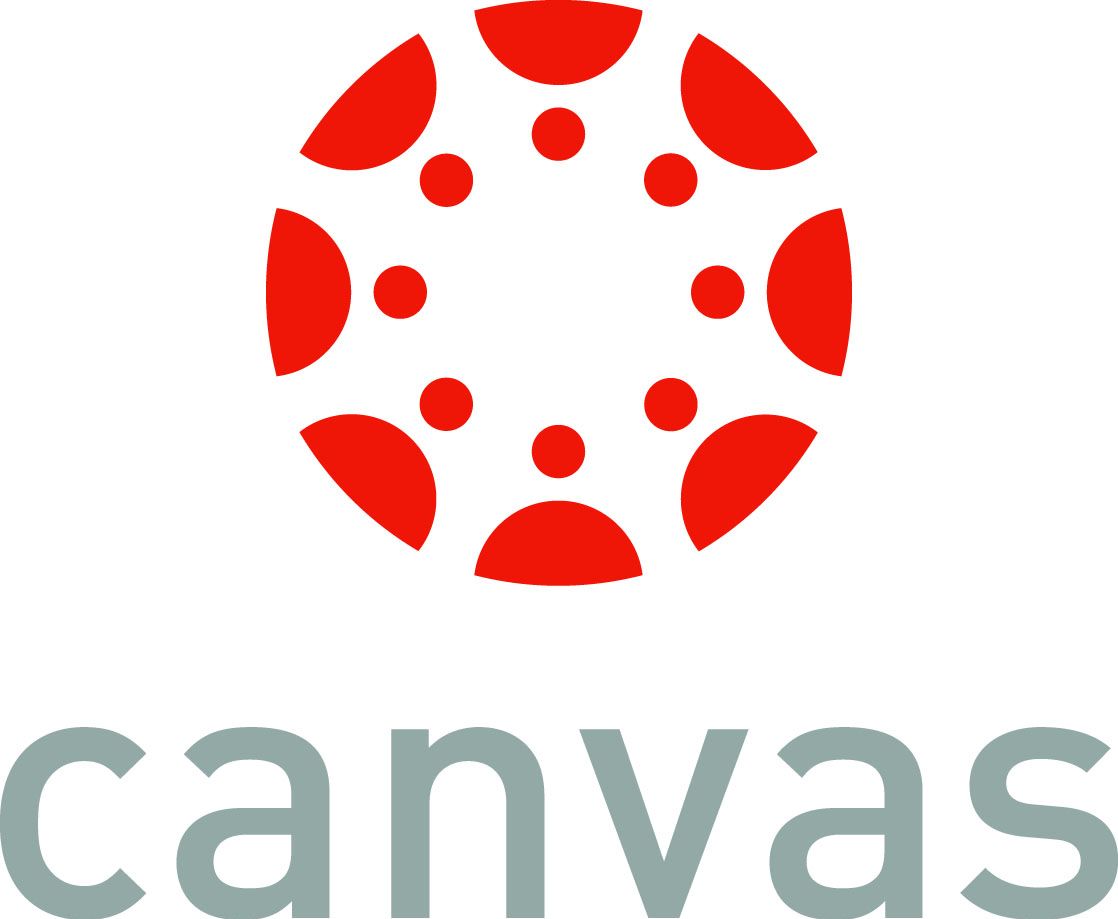Hints and feedback are often used interchangeably in the world of online homework systems. However, while they both hold an important place in student learning, they are not synonyms. Too many companies suggest their systems offer feedback when they truly mean hints: static suggestions based on the question and not on an individual student’s answer.
What is the difference between hints and feedback, and which is more effective for students? First, let’s define the terms. A hint is a slight or indirect indication or suggestion. Educationally, hints are not meant to give students pinpointed help, but offer generalized, pre-programmed instructional advice. When a student is staring at a blank sheet of paper, not sure where to begin, hints are the right tool to lead them down a good path.
By contrast, feedback is defined as information given specifically based on a person’s performance, usually offered as a basis for improvement or better understanding. This means feedback within a homework system should always consider a student’s incorrect answer and respond accordingly. Feedback helps a student course-correct after having veered off track. Both hints and feedback have learning value, and each have their place helping students achieve a successful outcome.
Expert TA is one of few companies with the technology to offer both hints and feedback, and our human-like feedback is the product of analyzing five years’ worth of student data across hundreds of schools. By looking at incorrect answers and mining the data for which portions students commonly got wrong, we were able to isolate specific parts of each problem, then tailor feedback to address appropriate misconceptions. We then ask our staff of instructors to help us create guided, Socratic feedback from this data. We want the feedback to be shown in a similar way to how an instructor might explain a wrong answer to a student during office hours if they were working the problem together. (Read more about our data-mining process here and then dive into one of our Expert TA Analytics case studies.)
Let’s look at some examples of hints and feedback in Expert TA. For context, instructors using Expert TA have access to thousands of comprehensive introductory physics problems. All of our problems have a difficulty rating of 1 to 5. The following problem is a level 5 and illustrates the difference between hints and feedback in the context of one of our more challenging problems.
The highlighted section below shows a hint that a student could access for this question:
When a student makes a mistake, the resulting feedback is specific to their error:
As a company, offering individualized feedback is the result of an intentional desire to give students an effective homework experience that serves their individual needs. Hints are there to help all students holistically. And when used together, students experience a learning environment where they have the right tool at their disposal no matter where they are in the problem-solving process.
NOTE: Ultimately, hints and feedback are both ineffective if students never choose to access them. That is why Expert TA encourages its professors to first fine-tune their settings to maximize effectiveness for students. Then, a short conversation with students takes place at the beginning of each semester to encourage them to take advantage of hints and feedback, and to explain the advantages of each and how it will help maximize their student learning.










